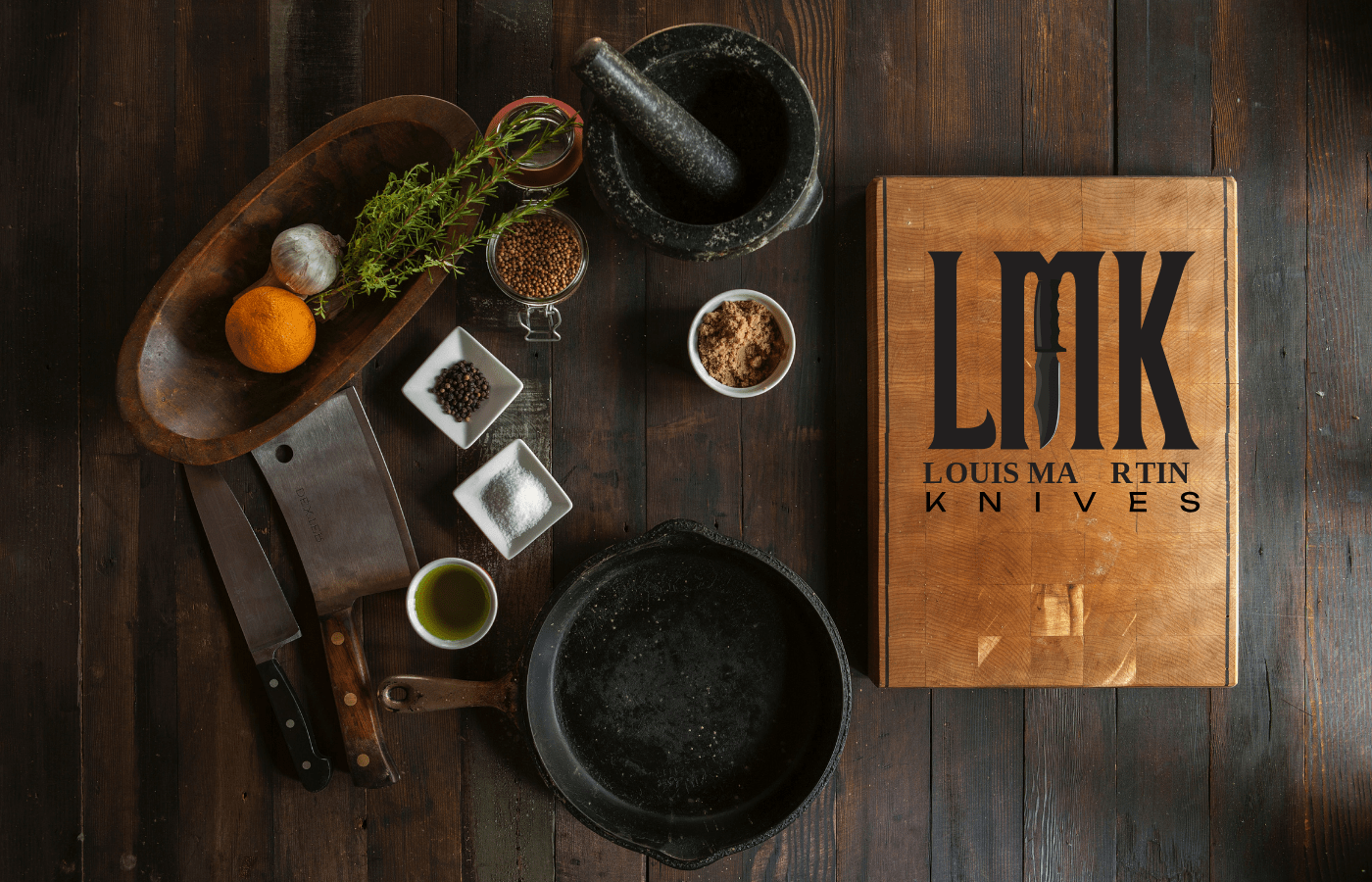When it comes to stocking your store with wholesale knives, making informed decisions is crucial for ensuring both customer satisfaction and profitability. Knives, whether for kitchen use, outdoor activities, or specialized tasks, come in a wide array of styles, materials, and functionalities. With so many options available, selecting the best wholesale knives for your store can be a daunting task. This comprehensive guide will help you navigate the process, offering practical advice on what to consider when choosing wholesale knives.
Understand Your Target Market
Before diving into the specifics of knife selection, it’s essential to understand your target market. Different customer segments have varying needs and preferences, which will guide your purchasing decisions.
- Home Cooks and Chefs: For stores targeting culinary enthusiasts, focus on high-quality kitchen knives such as chef’s knives, paring knives, and Santoku knives. Premium materials and brands that offer durability and sharpness are crucial.
- Outdoor Enthusiasts: If your market includes campers, hunters, or hikers, consider offering multi-functional outdoor knives, including survival knives, hunting knives, and tactical knives. These should be rugged and reliable.
- Professional Use: Customers in professional settings, such as butchers or culinary schools, look for specialized knives that cater to specific tasks. High-performance materials and ergonomic designs are essential here.
Evaluate Knife Types and Uses
Understanding the different types of knives and their uses will help you stock a diverse range of products that meet customer needs.
- Kitchen Knives: Common types include chef’s knives, utility knives, serrated knives, and boning knives. Each serves a specific purpose, so offering a range of these will cater to various cooking styles and preferences.
- Outdoor Knives: Consider knives designed for outdoor use, such as fixed-blade knives, folding knives, and multi-tools. These should be durable and suitable for a variety of outdoor tasks.
- Specialty Knives: This category includes knives used for specific purposes, such as sushi knives, cleavers, and filleting knives. Specialty knives can attract enthusiasts and professionals seeking high-quality, task-specific tools.
Assess Quality and Materials
The quality of knives is determined largely by the materials used and the manufacturing process. High-quality knives not only last longer but also provide better performance.
- Blade Material: Look for knives made from high-carbon stainless steel, Damascus steel, or ceramic. High-carbon stainless steel is known for its sharpness and durability, while Damascus steel offers a unique aesthetic and exceptional performance. Ceramic blades are ultra-sharp and resist corrosion but may require careful handling.
- Handle Material: Handles can be made from wood, plastic, or composite materials like G10 or Micarta. Ergonomic and durable handles improve comfort and safety. Ensure handles are well-balanced and provide a secure grip.
- Manufacturing Process: Consider knives that are forged rather than stamped, as forged knives generally offer better strength and balance. Precision in the manufacturing process guarantees uniform quality and performance.
Consider Brand Reputation
Brand reputation can significantly impact customer perception and trust. Established brands often come with a guarantee of quality and reliability.
- Research Brands: Investigate brands known for their quality and craftsmanship. Brands with a strong reputation in the industry are more likely to offer reliable products.
- Customer Reviews: Look at customer reviews and feedback on different brands. Positive reviews and high ratings can indicate a brand’s credibility and product satisfaction.
Evaluate Pricing and Margins
Pricing is a critical factor when choosing wholesale knives. You need to balance cost with quality to ensure profitability while remaining competitive.
- Wholesale Pricing: Obtain quotes from multiple suppliers to compare wholesale prices. Bulk purchases often come with discounts, which can enhance your profit margins.
- Retail Pricing: Consider the retail price points that align with your target market. Ensure that your wholesale costs allow for a reasonable markup while remaining attractive to customers.
- Value for Money: A higher price does not always guarantee superior quality. Evaluate whether the knife’s features and materials justify its cost. Providing various price options helps accommodate diverse customer budgets.
Check for Warranty and Support
A good warranty and support system from the manufacturer or supplier can be a significant advantage.
- Warranty: Ensure that the knives come with a warranty that covers defects and issues. A strong warranty indicates confidence in the product’s durability and quality.
- Support: Reliable customer support from the manufacturer or supplier is essential for addressing any issues or concerns that may arise. Look for suppliers who offer responsive and helpful support.
Examine Trends and Innovations
Staying updated with industry trends and innovations can give your store a competitive edge.
- New Materials and Designs: Keep an eye on emerging materials and designs in the knife industry. Innovations such as new coating technologies or ergonomic handle designs can attract customers seeking the latest products.
- Consumer Preferences: Stay informed about shifting consumer preferences, such as increasing interest in eco-friendly or multifunctional knives. Adapting to these trends can help you meet customer demands and differentiate your store.
Supplier Relationships
Building strong relationships with suppliers can lead to better terms and more reliable product sourcing.
- Reputation: Work with reputable suppliers who have a track record of delivering quality products and excellent service.
- Flexibility: Choose suppliers who offer flexible ordering options and can accommodate your store’s needs, whether for bulk orders or smaller quantities.
Conclusion
Choosing the best wholesale knives for your store involves a multifaceted approach that considers your target market, knife types, quality, pricing, and supplier relationships. By understanding these factors and staying informed about industry trends, you can make informed decisions that enhance your store’s offerings and meet customer expectations. Whether you’re stocking kitchen essentials, outdoor tools, or specialty knives, a thoughtful selection process ensures that you provide high-quality products that satisfy and delight your customers.




